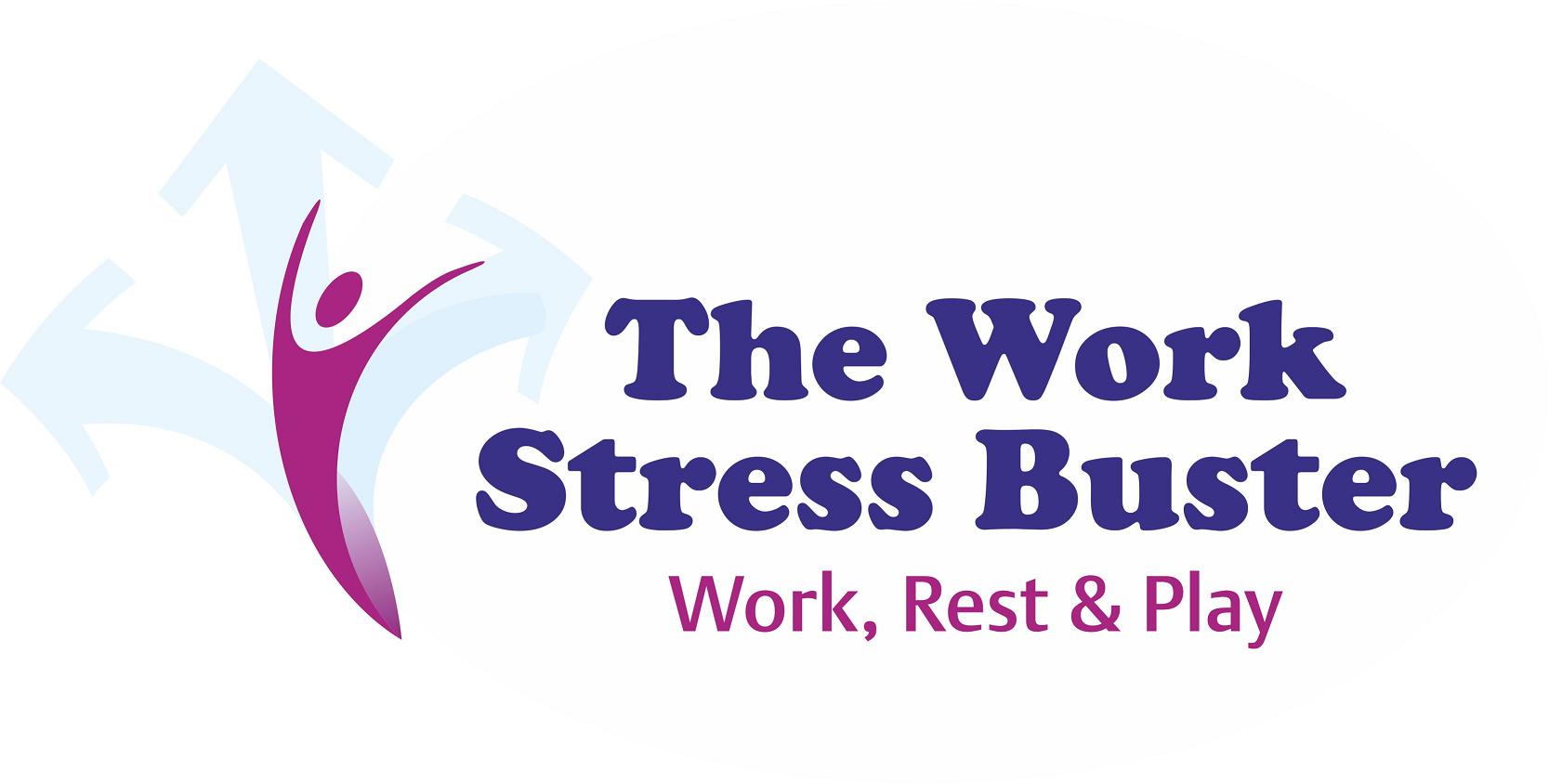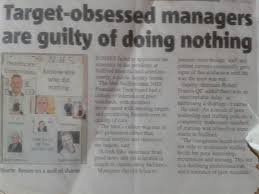The Price of Short Cuts
If anything is worth doing, it’s worth doing well. There is no short cut to competence and this is something that I have learnt firsthand. For example, there have been times in the early days when I did not deliver training of the quality I know that I could (due to poor investment of my time, energy and organisational skills) and I paid the price by disappointing the clients who had put their trust in me – I had to go back to the drawing board and retrain.
This blog has been inspired by an old newspaper article from a couple of years ago which has resonance today, it was entitled: ‘Target-obsessed managers are guilty of doing nothing’ – it related to miss-management within the National Health Service (NHS) (but could so easily be about any organisation).
It spoke of the management being blissfully ignorant of problems, preoccupied with meeting targets and prioritising finances over care and staff welfare. This is similar to when organisations put revenue before customer care. In the long-term, the whole organisation pays a price. Afterall, we must be willing and open to accept feedback. Without this, in essence we die (however long and enduring the process might be). We certainly fail to grow. (For more on the value of feedback see this blog. Indeed the metro article spoke of poor leadership amongst managers to the extent that staff surveys (which highlighted dissatisfaction and concerns) were ignored.
Specifically, the article stated: ‘The Trust’s culture was of self promotion rather than critical analysis and openness.’ (A statement from the inquiry into the poor management culture).
This is typical behaviour of an insecure or ‘closed’ system (Read more about closed versus open systems in blog: ‘In it together’) feigning competence by superficial ‘dressing-up of figures’ rather than being mature enough to take a real look at itself and seeking to improve organically through clear strategies, efficiency and organisation.
The dynamic between management and staff also highlights a culture of open contempt which I have seen and experienced many times; I often wonder how (and why) serious issues can lie hidden in the open. I suspect such behaviour exists where no party feels empowered to make a difference?
I am sure we have all either worked or do work in organisations like this. And certainly change can appear impossible when you’re in this position. Especially when you are making your concerns known to those who are in charge and they are failing to take adequate action. This includes the HR departments and the Chief Executives – and no wonder why staff then choose to vote with their feet and by leaving such places of work; the stress can be too much to bear on a daily basis (and it can of course spill into the home and family environment and affect sleep and thus quality of life).
Stress at Work can lead to all manner of physical and psychological symptoms which I highlight in this blog: ‘Spotting Stress in the employee’.
Here are some useful tips that can help if you find yourself in such a place now…
Tips
- Firstly you must recognise that you’re not alone. Stress at Work is an international problem. Your colleagues are also feeling the same way.
- Seek a constructive and supportive person to share your concerns with – a colleague, a friend, a Counsellor, Unison representative.
- Write your concerns down and share it with your manager and HR (then you know you have done your best to bring your concerns to light)
- If you are afraid of bullying and harassment as a result of your ‘whistleblowing’, then record any evidence of any such harassment you experience (no matter how mild).
- You are well within your rights to expect fair treatment in the workplace, if you are feeling victimised, you do not have to tolerate it; you can explore flexible working options from anything such as working from home to temporarily stopping work until the matter is satisfactorily resolved.
- For further advice, see this blog Flexible working (written by a guest blogger who is an employment law advisor and HR Specialist)

